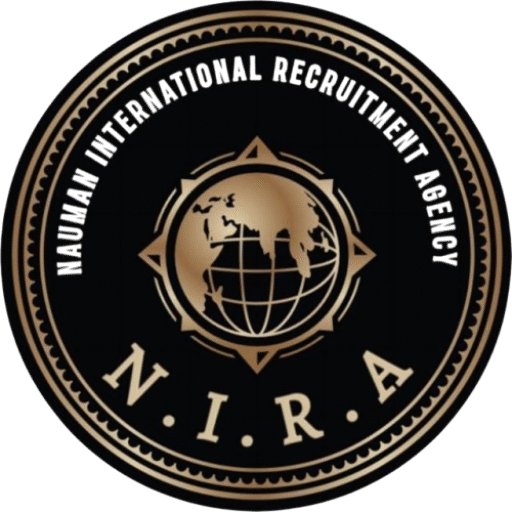17 Mar Choosing the right interpreter for your event
Choosing the right interpreter for your event requires considering factors like the event type, language pairs, and required expertise. For large conferences, simultaneous interpreters are ideal, while smaller meetings may only need consecutive interpretation. Ensure the interpreter is experienced, certified, and knowledgeable about any specialized terminology your event may involve. Cultural competence is key, as the interpreter should understand both language and cultural nuances. Additionally, check references, confirm availability, and clarify costs and equipment needs. Finally, make sure the interpreter’s communication style and professionalism match your event’s tone and expectations.

1. Determine the Type of Event
- Conference/Convention: If your event is a large-scale conference, you might need simultaneous interpreters. This involves real-time interpretation, which requires specialized equipment and experienced interpreters.
- Meetings/Small Events: For smaller events, such as business meetings or presentations, consecutive interpretation (where the speaker pauses for interpretation) may suffice.
- Specialized Content: If your event involves specific technical, medical, legal, or financial content, it’s important to choose an interpreter with expertise in that field.
2. Language Pairs
- Language Skills: Ensure the interpreter is fluent in both the source and target languages. Verify they are certified or have recognized proficiency in the languages involved.
- Dialects: Some languages have various regional dialects (e.g., Spanish spoken in Spain vs. Latin America), so choose an interpreter familiar with the specific dialects relevant to your audience.
3. Experience and Expertise
- Professional Background: Look for interpreters with experience in the type of event you’re hosting. A professional interpreter should have knowledge of the specific vocabulary and terminology used in your event.
- Certification and Training: Consider certified interpreters who have undergone professional training and exams. Accreditation from recognized institutions can give you confidence in their abilities.
4. Mode of Interpretation
- Simultaneous Interpretation: This is ideal for large events or conferences where you need real-time translation. The interpreter works with equipment, listening to the speaker and interpreting simultaneously into the target language.
- Consecutive Interpretation: This involves the speaker pausing while the interpreter translates. It’s suitable for smaller meetings or events where real-time translation isn’t necessary.
- Whispered Interpretation: Often used for a small number of listeners who don’t speak the main language, where the interpreter whispers the translation directly to the listeners.
5. Cultural Competence

- Understanding of Cultural Nuances: Good interpreters are not just linguists but also cultural experts. They can help avoid misunderstandings by considering cultural context, idiomatic expressions, and non-verbal communication.
- Tone and Formality: The interpreter should match the tone and style of the speaker, whether formal, casual, technical, or emotional.
6. References and Reviews
- Recommendations: Ask for references from previous clients or check online reviews. Look for feedback on the interpreter’s professionalism, accuracy, and reliability.
- Trial Sessions: If possible, arrange a brief test session to assess the interpreter’s skills in real-time.
7. Interpreter Availability
- Pre-Event Communication: The interpreter should be available for any necessary pre-event meetings or briefings to familiarize themselves with your event content and key terminology.
- Travel and Location: If your event is in a different location, check if the interpreter is willing and able to travel or if they need to be located nearby.
8. Equipment and Support
- Simultaneous Interpreting Equipment: If you need simultaneous interpretation, make sure the interpreter provides the necessary equipment or that it’s available at the venue.
- Technical Support: Ensure that there’s technical support for the equipment, especially if it’s complex or new.
9. Budget and Cost

- Cost of Services: Interpreter fees can vary depending on their experience, the type of event, and the language pair. Be sure to inquire about the total cost, which may include additional charges for travel, accommodation, or equipment rental.
- Payment Terms: Clarify payment terms upfront, including deposits, cancellations, and final payments.
10. Personal Fit
- Communication Skills: The interpreter should have excellent communication skills, be punctual, and be flexible to handle unexpected situations during the event.
- Professional Demeanor: Look for someone who is discreet and professional, as they might be handling sensitive or confidential information.


No Comments